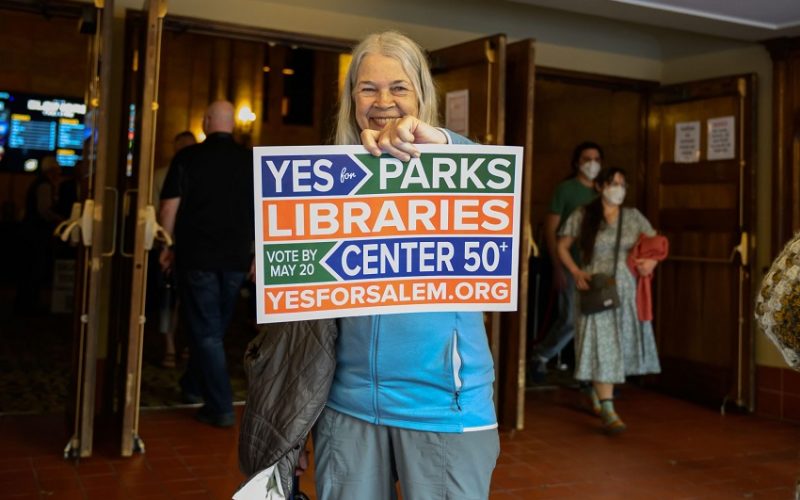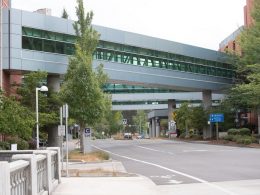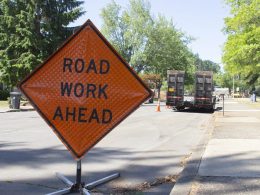SALEM, OR – A recent town hall meeting held in Salem brought together residents eager to discuss the city’s ongoing budget gap, with many raising concerns over the long-term strategies being proposed to address the issue. As expected, the conversation surrounding taxes and potential cuts was far from lighthearted, leaving attendees questioning the future of their city’s finances.
The town hall, which was organized by the city council and local officials, was intended to provide an update on Salem’s financial situation and to engage the community in the decision-making process. However, the discussions quickly turned tense as residents expressed unease about the proposed solutions and the potential impact on their daily lives.
At the heart of the meeting was the city’s budget deficit, which has been exacerbated by rising costs and stagnant revenue. In response, officials have suggested various measures to close the gap, including increasing taxes, cutting public services, and possibly restructuring city operations. However, the proposed solutions did little to assuage the concerns of local residents.
One of the key issues raised by attendees was the fairness of potential tax increases. Many questioned whether the burden would fall disproportionately on low-income households, and whether the city was exploring all possible revenue sources before resorting to tax hikes. Others were concerned about the long-term sustainability of the proposed solutions, with some arguing that temporary fixes could lead to future problems down the line.
“I understand that we need to balance the budget, but I’m not sure that increasing taxes is the right answer,” said one resident, who attended the town hall meeting. “It’s going to hurt families who are already struggling, and I don’t see a clear plan for how we’re going to avoid this problem again in a few years.”
Another topic of concern was the potential reduction in public services. While officials emphasized that any cuts would be carefully considered, many residents voiced worries about how reductions in areas like public safety, parks, and social services would affect their communities.
“I rely on public services, especially for my children,” said another Salem resident. “If we start cutting those programs, it’s going to make it harder for families like mine to thrive. There has to be a better way.”
Despite the concerns raised by residents, city officials remained optimistic that the proposed solutions would ultimately help the city weather its financial challenges. They emphasized that any tax increases or service cuts would be part of a comprehensive, long-term strategy aimed at ensuring the city’s fiscal health for years to come.
“The goal is to create a balanced budget that addresses immediate needs while also setting up a sustainable financial future for Salem,” said one city official during the meeting. “We’re committed to working with the community to find the best possible solutions.”
As the town hall drew to a close, it was clear that while the conversation had sparked important questions about the future of Salem’s finances, much work remains to be done. Residents continue to grapple with the uncertainty of what the coming years will hold, and many are calling for more transparency and collaboration in the decision-making process moving forward.
With the city’s budget gap still unresolved, the next few months will likely see continued discussions and debates as Salem’s leaders work to find a path forward. For now, residents remain hopeful that their concerns will be heard and that the solutions chosen will strike a balance between fiscal responsibility and the needs of the community.











